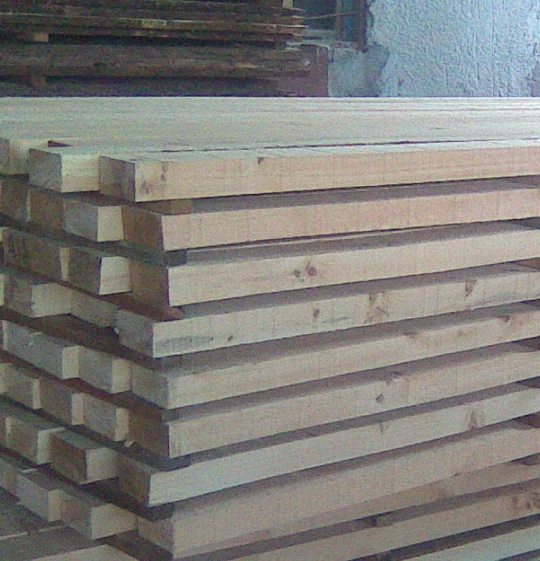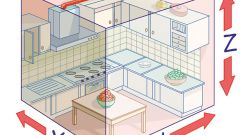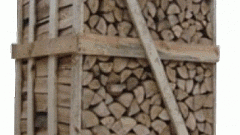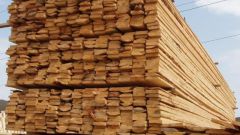You will need
- Paper, pencil, calculator
Instruction
1
Let's say you have calculated that for the construction you need 40 boards with a length of 6 m, width 150 mm, thickness 40 mm. Put all these values are in meters and multiply:
40х6х0,15х0,04=1,44, where 40 is the number of boards; 6 – length of the Board; 0,15 – Board width; 0,04 – Board thickness.
Finally got a 1.44 cubic meters, nearly half a cubic meter.
40х6х0,15х0,04=1,44, where 40 is the number of boards; 6 – length of the Board; 0,15 – Board width; 0,04 – Board thickness.
Finally got a 1.44 cubic meters, nearly half a cubic meter.
2
The same method calculate how many boards will be in one cubic meter: divide the cubic meter by the volume of one Board. For our example, in which the Board thickness of 40 mm, a width of 150 mm and a length of 6 m, the calculation would be:
1/0,04/0,15/6=27,7777.
This means that in one cubic meter can hold about 28 of the required boards.
1/0,04/0,15/6=27,7777.
This means that in one cubic meter can hold about 28 of the required boards.
3
The above calculation is suitable for lumber and trim boards. To calculate the number of required lining, unedged boards and other lumber will have a little differently – you will need a table to calculate the cubic content of timber.
Note
Consider the calculations that if you leave lumber sellers often try to round values square footage is not in your favor.





